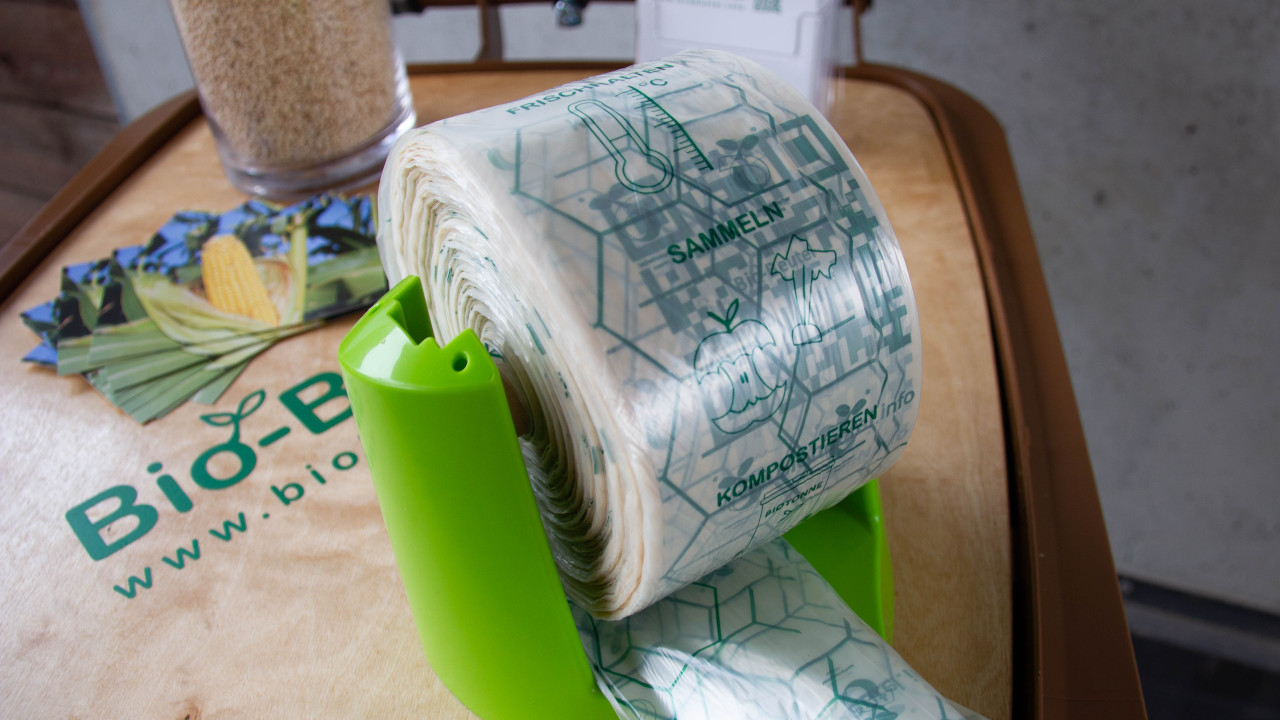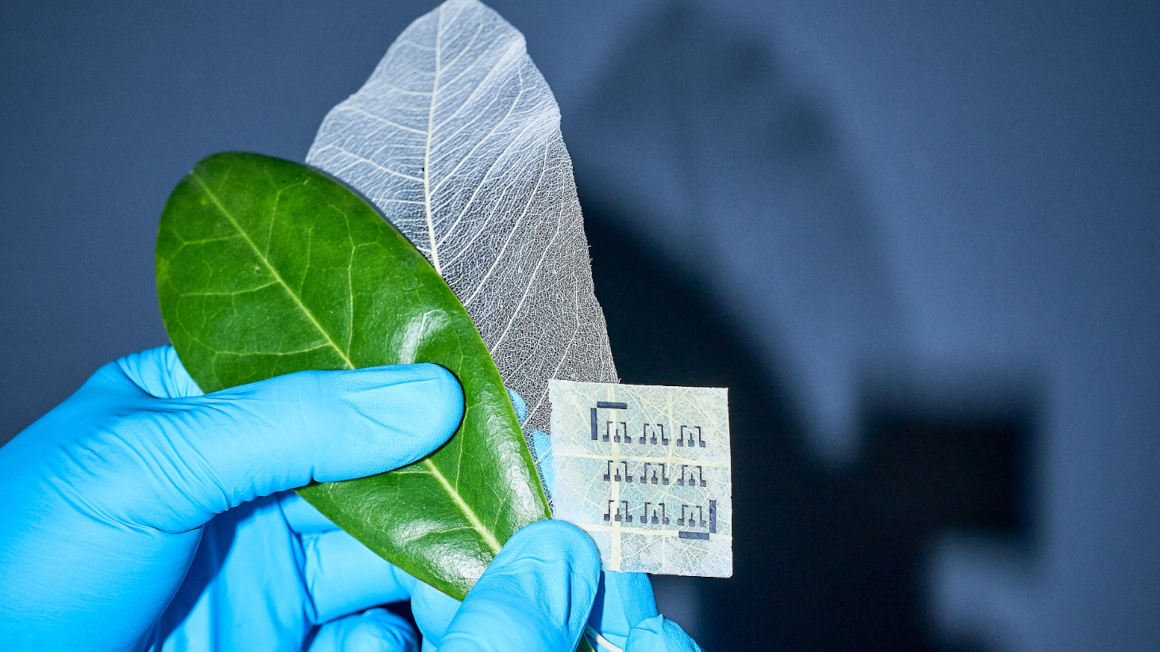Field test for organic bags launched
Compostable fruit and vegetable bags have been tested for customer acceptance since mid-March in some supermarkets in Straubing, Bavaria.

Plastic shopping bags are gradually disappearing from supermarkets. From 2022, they are to vanish completely - that was decided by the Bundestag last year. However, the thin fruit and vegetable bags are exempt from this, what upsets many: they are made of petroleum and often end up in nature, where they can cause lasting damage to the environment. Therefore, as part of Bavaria's bioeconomy strategy, a project was launched in mid-March in which compostable fruit and vegetable bags made from renewable raw materials are being subjected to practical testing.
"With the organic bag, we are proving that the Bavarian bioeconomy strategy is not a paper tiger. The market launch shows the successful implementation of a project of the bioeconomy strategy. This project will be followed by almost fifty other measures. Because bioeconomy is tangible and visible climate protection," said Minister of State Hubert Aiwanger at the project launch on March 15. The project is managed by the Central Agricultural Commodity Marketing and Energy Network (CARMEN).
Organic bag for shopping and compost
Unlike conventional disposable plastic bags, the organic bag is made of corn starch and vegetable oils and is biodegradable. Over the next six months, the compostable bags will be distributed free of charge to customers buying fruit and vegetables in four supermarkets in Straubing. However, the bag will not only serve as a carrier bag to bring the fresh food home safely. It could also be used as a fresh-keeping and organic waste bag.
Consumer survey on acceptance planned
"The question is whether the organic bag will be accepted by customers and is practical. We also want to test whether it can be used to reduce the number conventional plastic bags mistakenly thrown into organic waste and whether its use in composting plants works," explains Nico Arbeck from the CARMEN competence network when asked by bioökonomie.de. A consumer survey will be conducted at the end of the six-month test phase to determine whether the bio-bags will be accepted by customers and whether they will actually be used to dispose of organic waste.
bb


